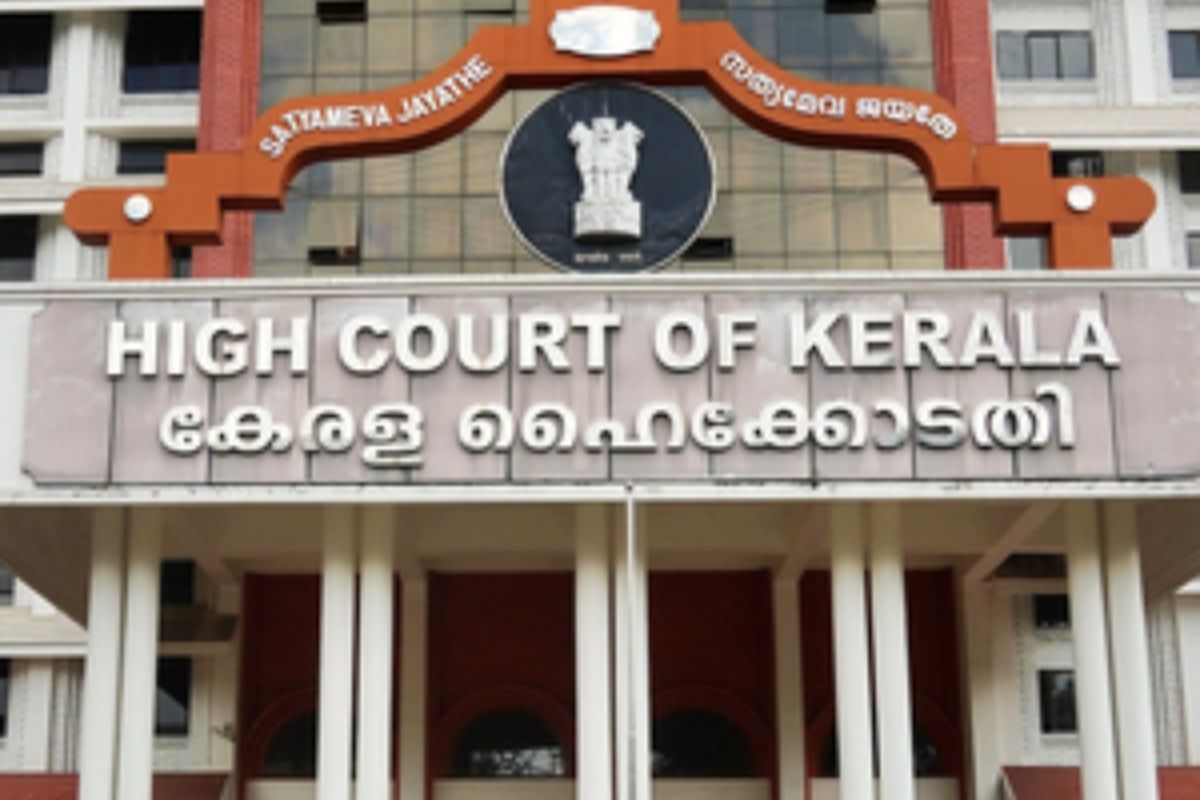The Kerala High Court recently ruled that a school principal’s insistence on students wearing uniforms while in school does not constitute an offense of cruelty against children under Section 75 of the Juvenile Justice (Care and Protection of Children) Act.
A single bench of Justice A Badharudeen stated that such a requirement is intended to maintain school discipline and cannot be considered an act that causes unnecessary mental or physical harm. The court added that deeming such acts as offenses could undermine the discipline of schools.
Advertisement
The ruling came in response to a plea by the principal seeking to quash proceedings in a case registered against him under Section 77 of the JJ Act.
According to the student, she had visited the school to check her results and purchase books for the next academic year. She claimed that, as it was during vacation, there was no obligation to wear the uniform.
The principal, upon seeing her in casual attire, allegedly asked why she was not in uniform and remarked that, given her bulky physique, she should have worn it. She was then sent back home to change into her uniform.
Based on these allegations, a crime under Section 77 of the JJ Act was registered against the principal. The principal subsequently approached the High Court to quash the case.
In his petition, the principal noted that the student’s mother was employed at the same school. He argued that, prior to the case’s registration, the mother had received a memo for negligence in her examination duty. The principal contended that the case was filed as a retaliatory measure.











